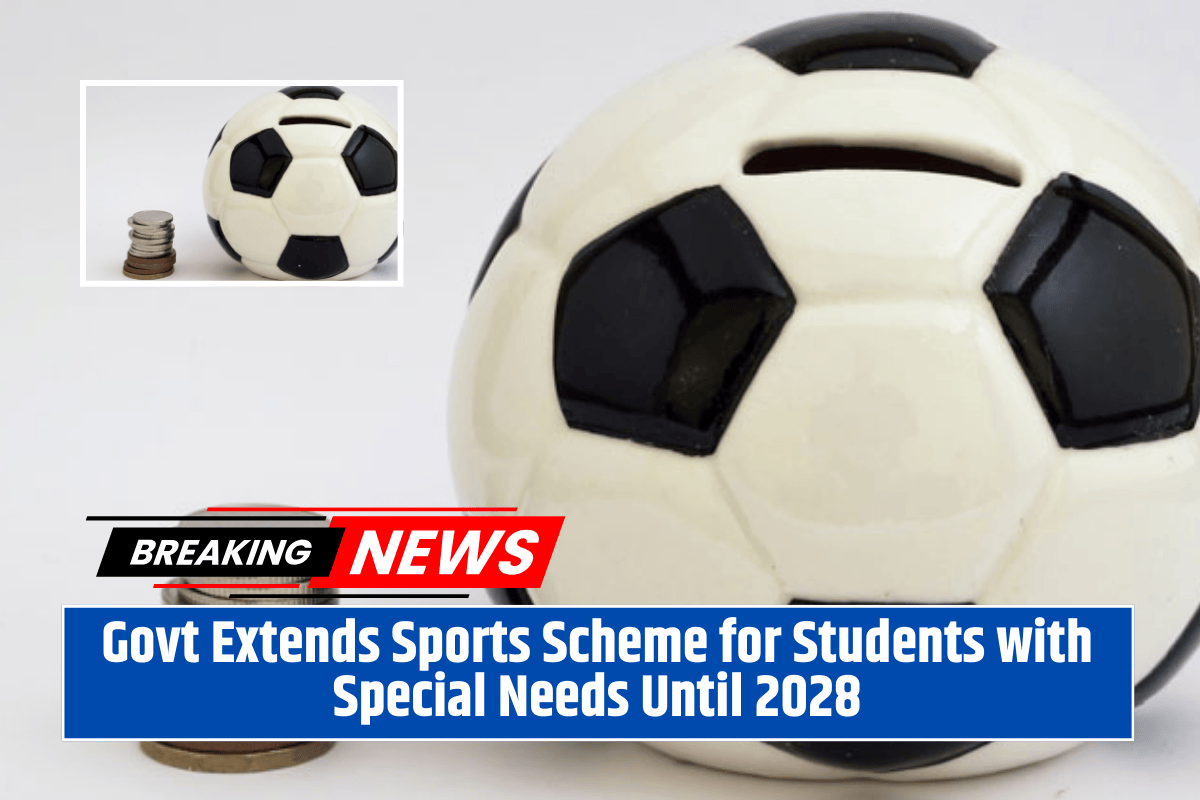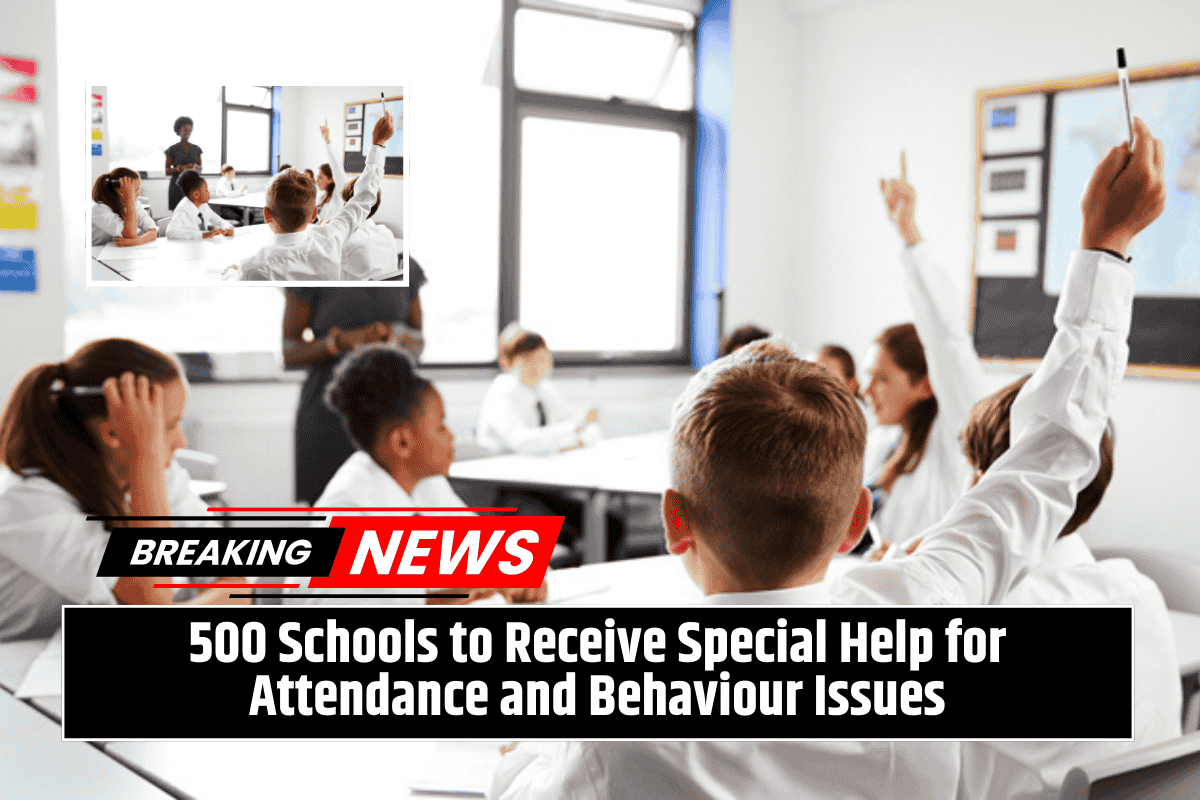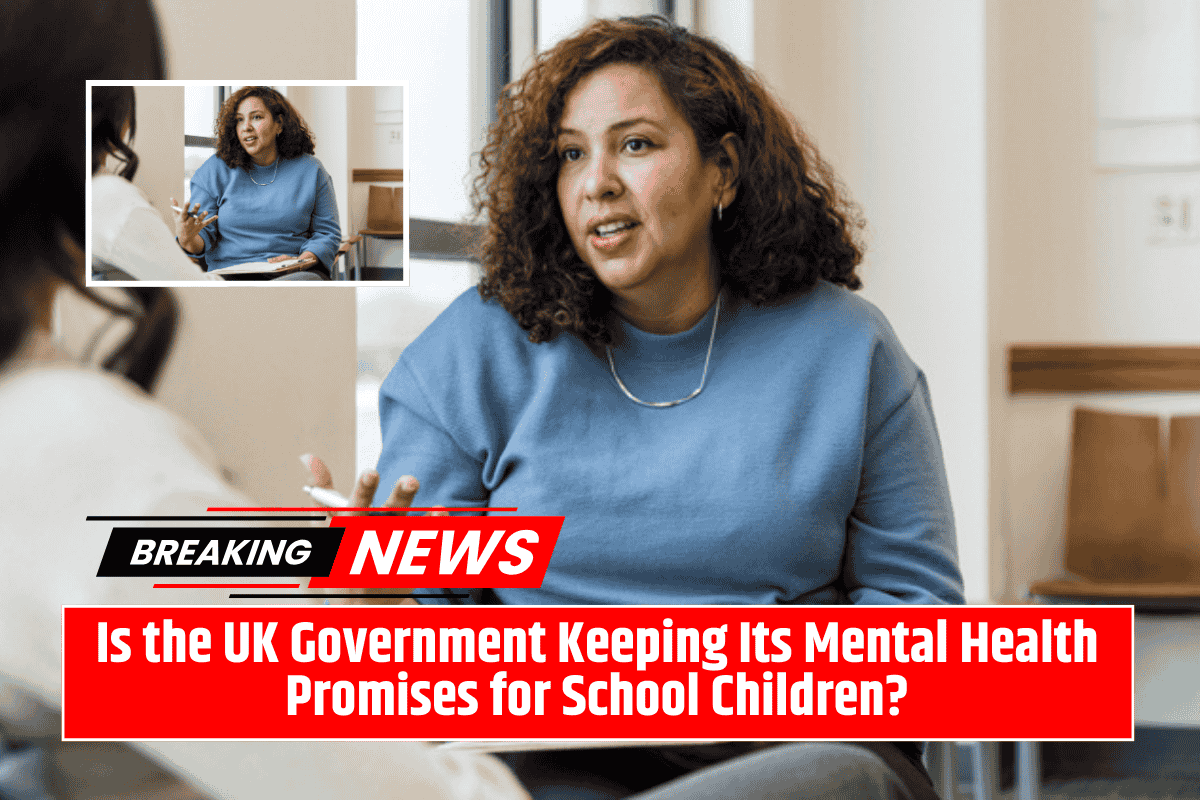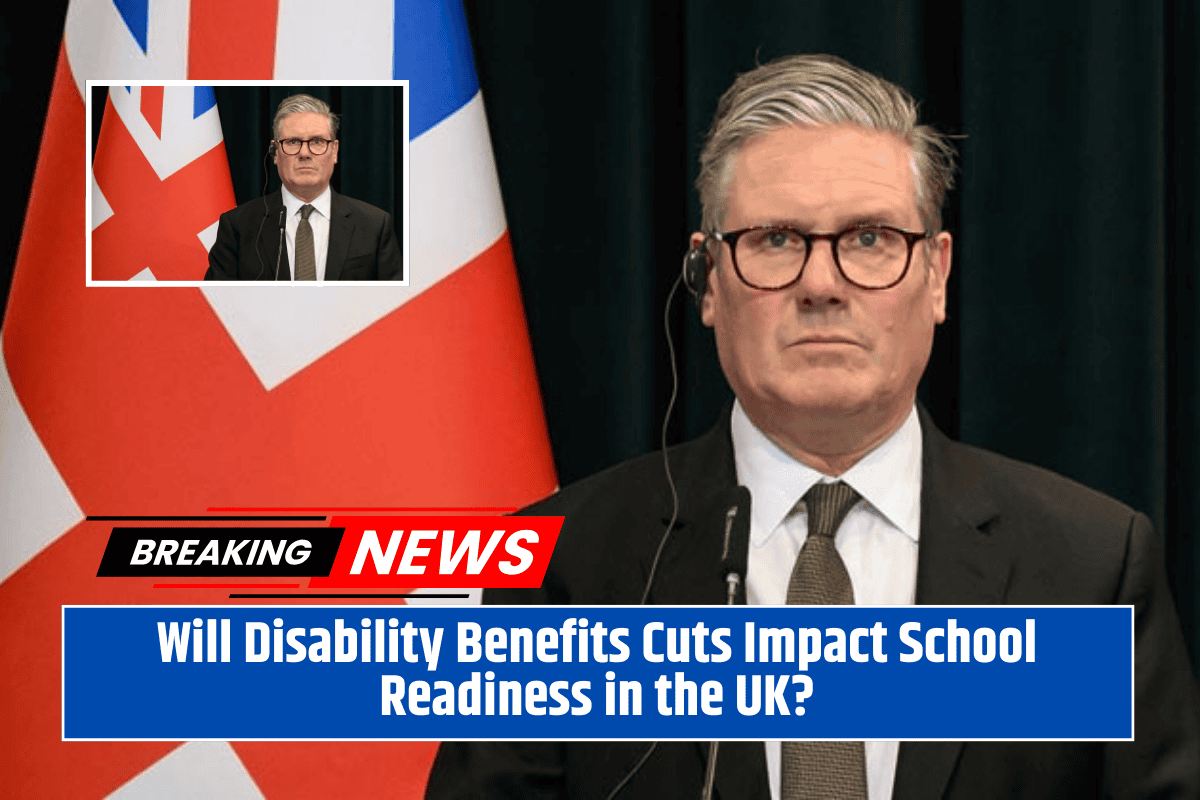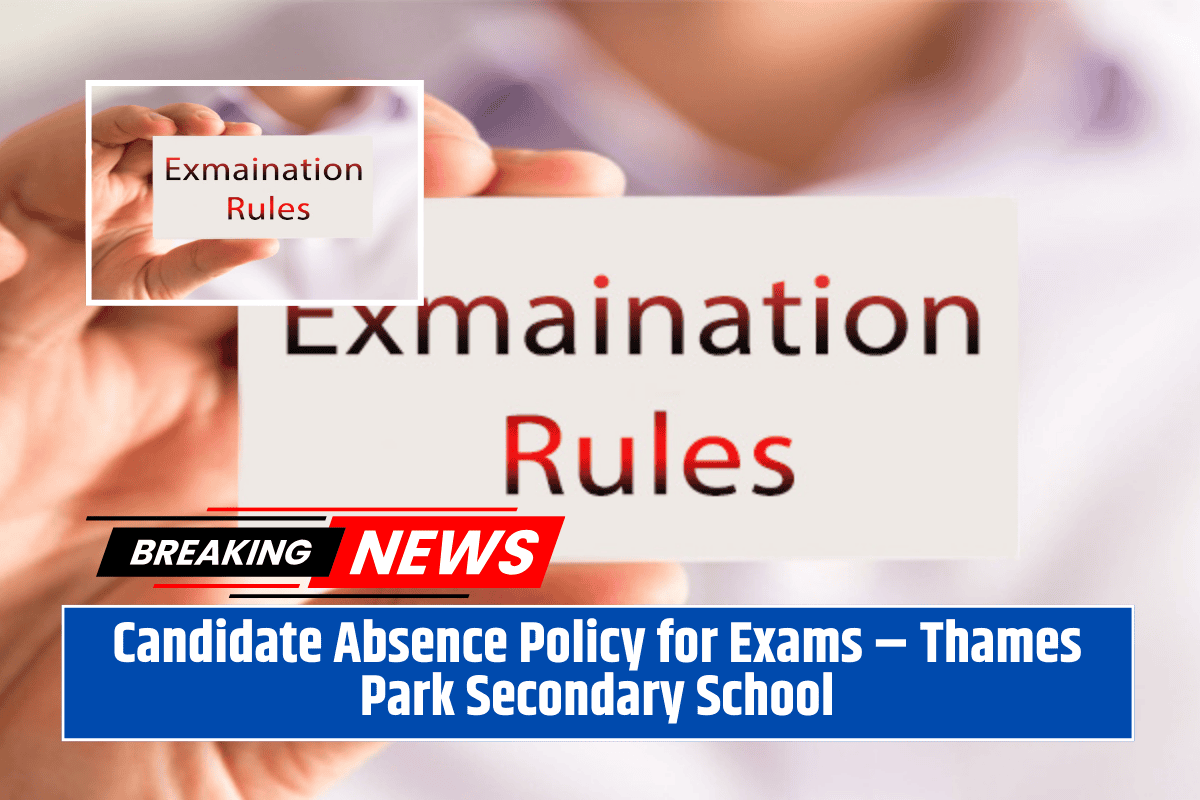The government has decided to extend a special sports initiative for children with SEND (Special Educational Needs and Disabilities) for another three years. Called Inclusion 2028, the programme is designed to help more students enjoy and benefit from sports, regardless of their challenges.
The scheme, which builds on the previous Inclusion 2024 programme, will get £300,000 in funding for its first year. Funding for the next two years will be decided after a government spending review in June.
What Is the Inclusion 2028 Programme?
Inclusion 2028 is a government-backed plan led by the Department for Education (DfE), in partnership with the Youth Sport Trust and other organisations. It focuses on helping teachers provide better PE (Physical Education) and sports lessons for students with a variety of needs—be it physical, emotional, cognitive, or social.
A network of 50 special schools, known as lead inclusion schools, will work together to train teachers. The goal is to make sports more accessible to all students, especially those with SEND.
Wider Reach, More Schools, More Impact
The programme aims to reach over 8,000 schools, train 10,000 teachers, and improve sports access for more than 240,000 pupils with SEND. It also plans to set up 600 new after-school sports clubs across England.
Though only the lead schools will directly receive funding, all other schools across the country will be able to access the training and learning materials for free—either online, in person, or through recorded sessions.
Who Is Behind the Programme?
The scheme is delivered by a group of trusted organisations, including:
- Youth Sport Trust (YST)
- ParalympicsGB
- Swim England
- Activity Alliance
- nasen (National Association for Special Educational Needs)
They are supported by groups such as the Association for PE, Sport for Confidence, and the National Network of Parent Carer Forums.
The DfE stated that the programme has been designed to ensure that most of the funding goes directly to schools. The free resources and teacher training aim to benefit every school, even if they don’t receive money directly.
Why It Matters
Schools minister Catherine McKinnell said, “Sport has the unique power to break down barriers, build confidence and foster a sense of belonging.” She added that Inclusion 2028 will help young people gain from sport—not just physically, but emotionally and socially too.
By helping more teachers understand how to include SEND students in sports activities, the government hopes to create more inclusive and supportive school environments.
Inclusion 2028 is a major step forward in making sports more inclusive in schools. With over 8,000 schools expected to take part, and thousands of teachers set to benefit from training, the impact could be life-changing for many students with special needs. The focus on improving physical activity, mental health, and social skills through sport can help these children feel more confident, included, and active in school life.
